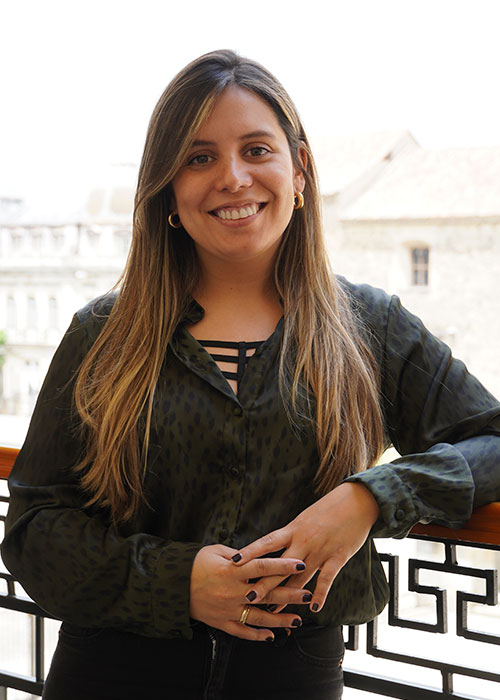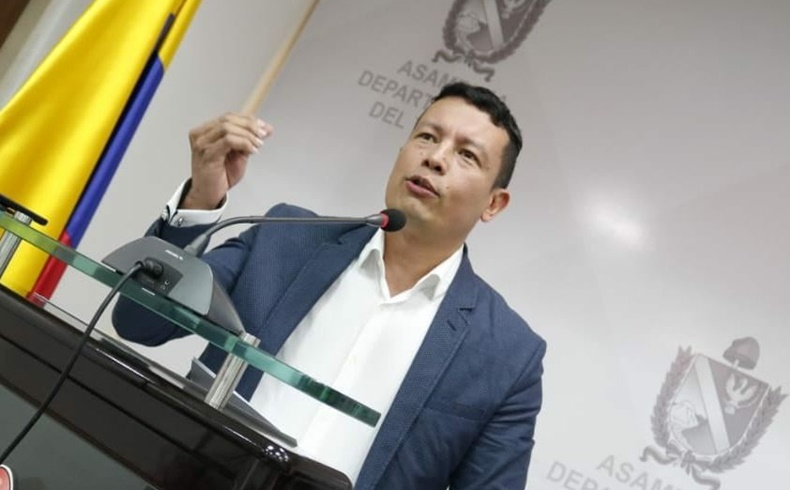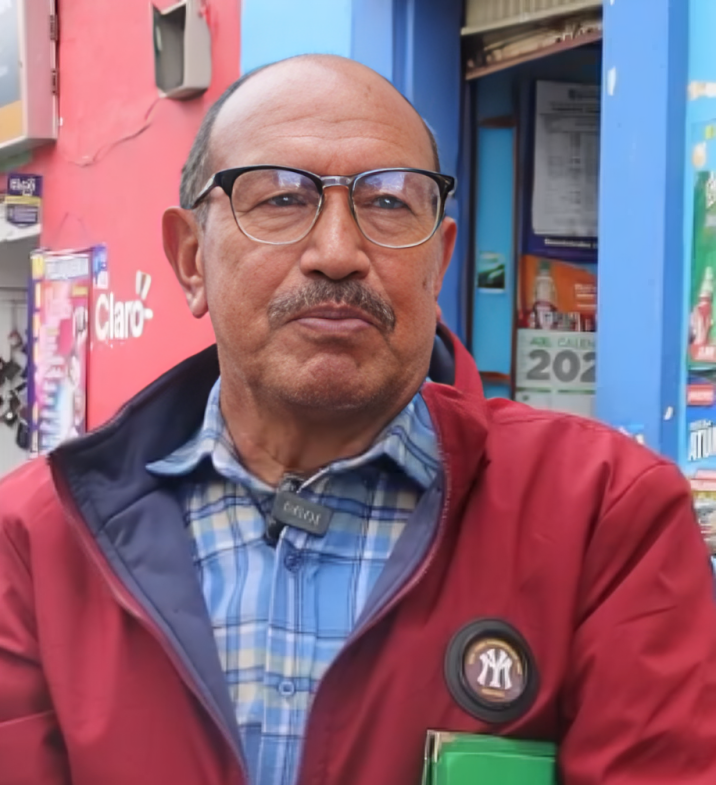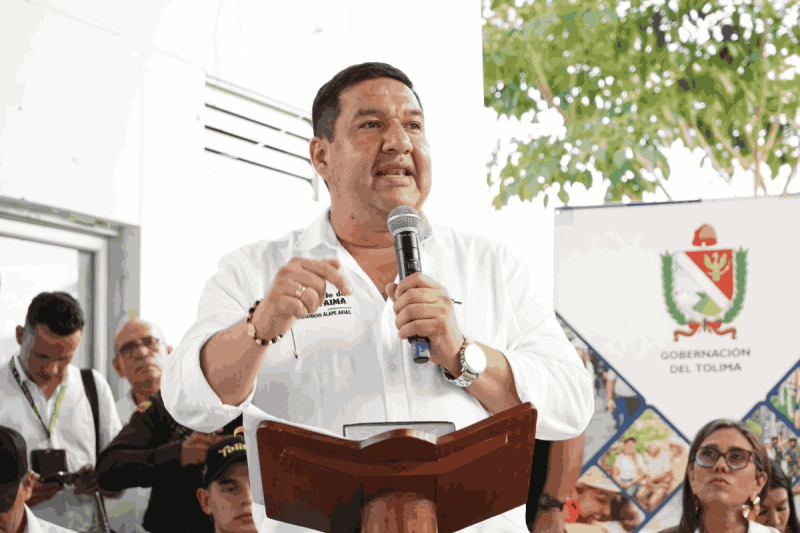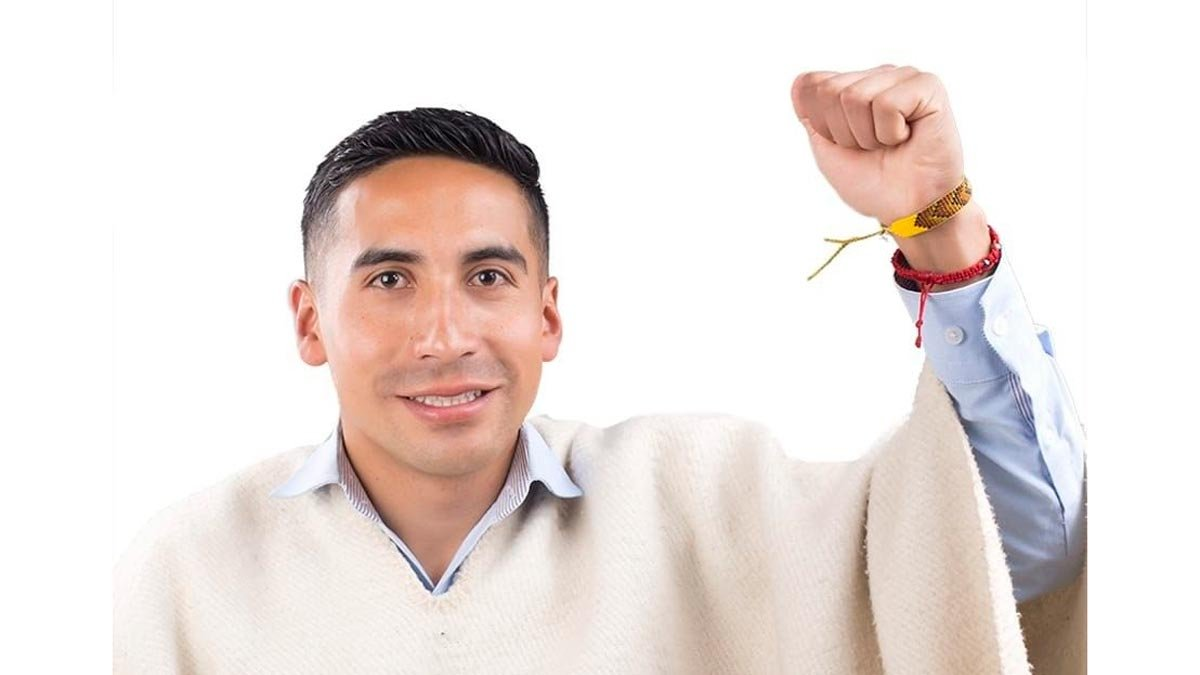Isabelita Mercado, who serves as an advisor for a victim, as well as a prominent advocate for peace and reconciliation, has confirmed that on Monday, 14th April, a total of 40 families from Back de Catatumbo made their way to the city of Bogotá, located in Norte de Santander. These families were compelled to flee their homes after receiving credible threats within their village, specifically in the area of Puerto. Given these alarming circumstances, Mercado has urged the National Agency to take swift action and fulfill its responsibilities to aid these individuals. It is crucial that initiatives are put in place to support their transportation and resettlement process, ensuring that they do not become victims of further violence and instability.
In light of this influx of displaced individuals, the local district has rapidly mobilized resources to provide essential services, which include temporary housing, access to medical care, educational opportunities, and psychosocial support. The district is also working on legal and social integration strategies to assess how many of the displaced families will be able to remain in Bogotá, and under what conditions they might be able to integrate into the community.
Una ciudad que se obtiene, pero también fluye
This large-scale migration is indicative of the worsening humanitarian crisis in Catatumbo, where armed conflicts continue to inflict violence and displace individuals. Official reports indicate that in January 2025, Bogotá experienced a staggering 30% increase in the number of displaced persons compared to previous years.
To effectively address this urgent situation, the provincial government has bolstered its operational capacity by quadrupling the available spaces in shelters and providing rental and food subsidies to over 1,600 individuals. Nevertheless, local authorities have issued warnings that available resources are dwindling quickly and may not meet the demands of the ongoing crisis.
Amid this critical backdrop, the district government has reiterated its appeal for the unity of victim groups, particularly around the plight of the Emberá indigenous community, who have been residing in Bogotá since September 2023 without a definitive solution for their housing situation. These families have now been residing in the district’s shelters for well over six months, a prolonged stay that has increased the costs of care and hindered the government’s ability to respond to the emerging needs of new groups, such as the families from Catatumbo.
While Bogotá continues its efforts to organize support for the victims of the ongoing conflict, it remains clear that the city alone cannot tackle this structural crisis, which necessitates urgent and coordinated responses from the national government. As the situation unfolds, those who have fled violence are simply seeking a safe haven to rebuild their lives and reestablish a sense of normalcy amidst chaos.
7

